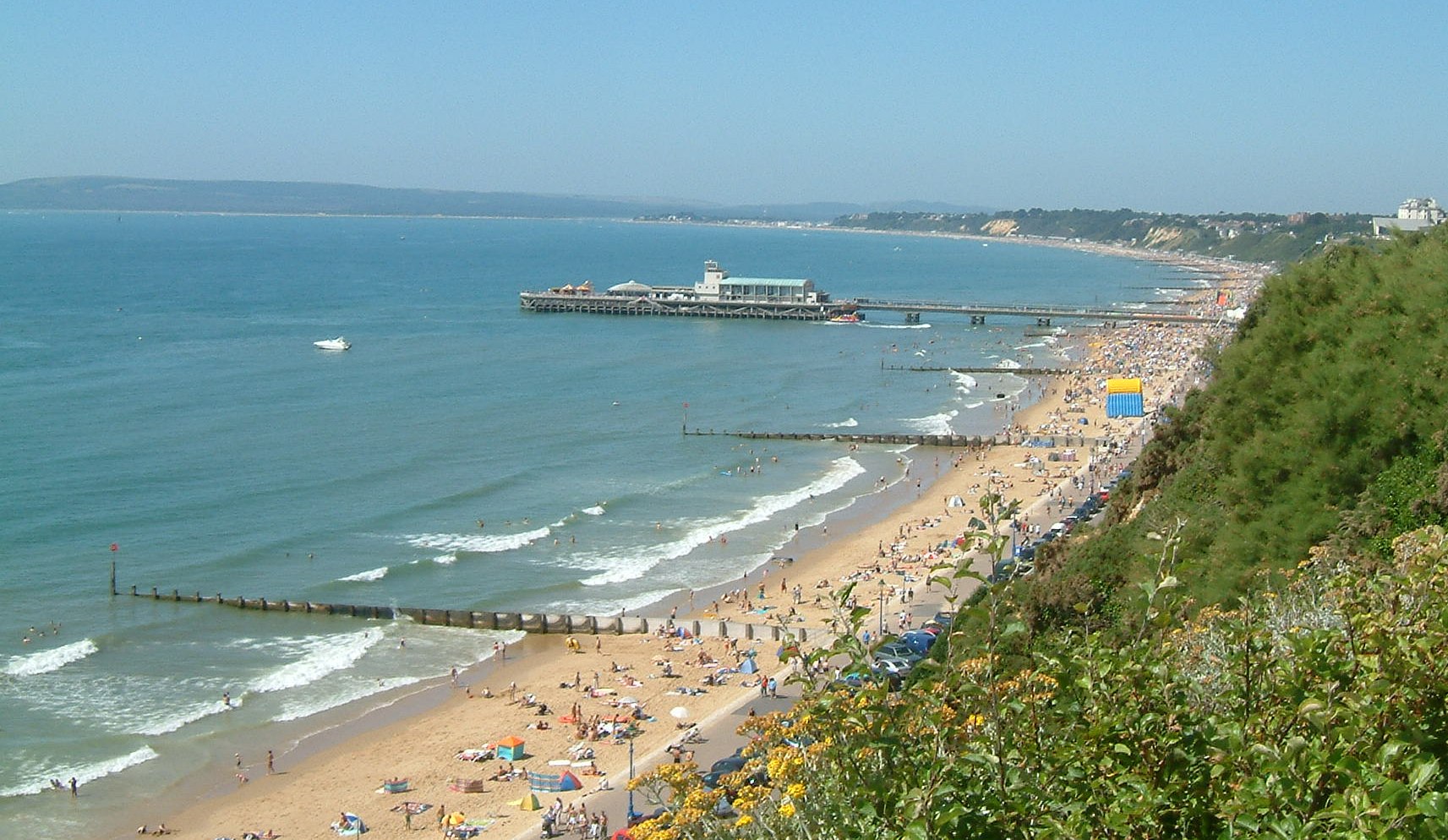This week we watched The Reluctant Revolutionary, by documentary filmmaker Sean McAllister.
The Reluctant Revolutionary
The documentary explores the revolution in Yemen through the eyes of tour guide Kais. Ultimately, I found it to be a very character focused piece, following Kais’ life in Sana’a and as he shows McAllister the protest camps.
It follows a clear narrative journey, a transition from skeptic to supporter, and the impact that the Arab Spring has had on an ordinary individual. At the beginning of the documentary, Kais is a man who is already struggling to keep his own business and family together as a consequence of declining tourism industry, and as a result distances himself with the chaos and the instability of the Yemeni uprising. At the beginning of the film, he describes the unfolding violence not as a blood bath, but as a blood swimming pool – a particularly tragic and poignant moment that almost foreshadows the impending attack on the protest camp. Over the course of the documentary, we watch the violence unfold with Kais, allowing us to follow his journey of realisation that he can no longer sit idly by.
The documentary proves to be an intimate portrait of Kais’ life and day to day in Yemen, in no part due to the seemly close relationship he develops with McAllister. Kais invites McAllister (and by extension, the audience) into his home, his own personal space where he dictates the rules. As Ellis (2012, p. 54) suggests, “the more intimate the interview or filming, the more likely it is to take place on the subject’s ‘home ground’ rather than in a space controlled by the filmmaker,” and that certainly seems to be the case here, as they are shown together on a number of occasions ‘chewing’ together – chewing Khat is a popular predominantly male social activity in Yemen.
Whilst Kais is the subject of the documentary, McAllister’s presence is keenly felt throughout. As Ellis (2012, p. 67) suggests, “filmmakers have to distance themselves from events in order to make a coherent argument or narrative out of the footage.” However this does not seem to be so much the case for McAllister. His voice is heard throughout, questioning and engaging with the Yemeni people and at one point he even appear before the camera to talk about the struggles he is having remaining safe in Sana’a.
McAllister’s handheld camerawork in The Reluctant Revolutionary really depicts the reality of the situation in Yemen. The violence and brutality of the regime’s crackdown on Yemen’s peaceful protesters are documented by the handheld camera, and the scenes of shaky, cell-phone footage really add an immediacy to the piece as well as capturing the chaos, confusion and fear.
Bibliography
Ellis, J., 2012, Documentary : Witness And Self-Revelation. London: Routledge.







